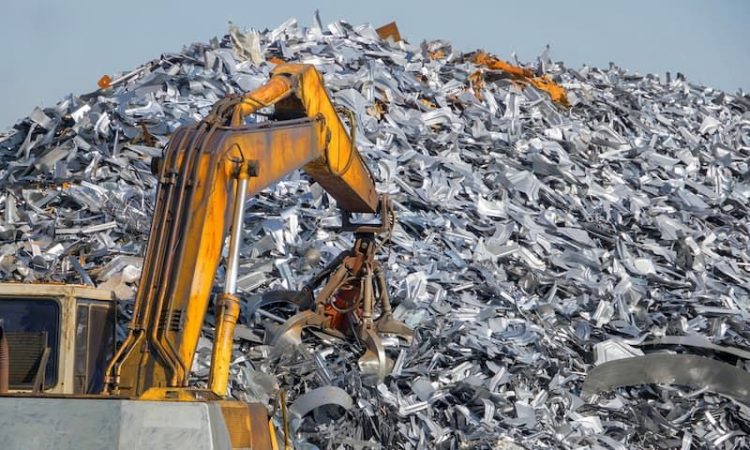
Household metal scrap often goes unnoticed, tucked away in drawers, garages, or forgotten appliances. Yet in Austin, these seemingly small items can become part of a larger cycle that benefits both the community and the environment. Supporting recycling programs allows discarded metals to find a new purpose. Readers interested in reducing waste and contributing to local sustainability efforts are encouraged to explore how these processes work.
The Journey of Scrap Metals in Austin
Metal recycling in Austin, TX begins long before the metals reach a recycling facility. Residents separate aluminum cans, copper wires, steel cans, and old electronics from regular trash, preparing them for collection. Local recycling centers and curbside pickup programs ensure that scrap metals are transported efficiently to processing plants. Upon arrival, staff conduct thorough sorting to separate ferrous metals from non-ferrous metals, making sure each type is handled appropriately. This initial stage sets the foundation for the entire recycling process, ensuring that metals retain their value and usability.
Common Household Metals and Their Uses
Aluminum, copper, steel, and brass dominate household scrap. Aluminum cans and foil often return to store shelves as new beverage containers or packaging materials. Copper wires and plumbing pipes, once stripped from old appliances, are melted and reshaped for use in electrical components or building infrastructure. Steel items like old kitchen appliances or tools are repurposed into construction materials or machinery parts. Understanding these common items and their potential helps residents recognize the importance of keeping metals separate from regular waste streams.
The Transformation Process in Local Facilities
At recycling plants, metals undergo a series of steps that transform them from scrap into usable raw materials. Items are cleaned to remove coatings, paint, or plastic, then shredded or compacted to facilitate melting. High-temperature furnaces melt metals into molten forms, which are poured into molds or rolled into sheets. The metals are tested for purity before being sent to manufacturers. This controlled process maximizes the quality of recycled materials and conserves significant energy compared to producing metals from virgin ore.
Economic Impact of Metal Recycling in Austin
Metal recycling in Austin does more than reduce waste and supports the local economy. Recycling facilities employ a range of workers, from collection crews to plant technicians, creating steady job opportunities. The processed metals supply industries at lower costs, reducing the need to import raw materials. Local businesses benefit from affordable recycled metals for construction, manufacturing, and art projects. In this way, household scrap contributes directly to Austin’s economy, turning everyday items into economic resources that support the city’s growth.
Simple Ways to Contribute at Home
Residents can make metal recycling easier and more effective with a few simple steps:
- Rinse aluminum and steel containers to remove food residue.
- Separate metals from plastics, glass, or other non-metal materials.
- Collect small appliances, wires, and old tools in a designated bin.
- Keep scrap metals organized until curbside pickup or delivery to a recycling center.
- Encourage family members and neighbors to participate in metal recycling.
Participation doesn’t require large efforts but produces visible benefits when aggregated across the community. Following these simple steps ensures higher-quality recycling and helps the city make the most of its resources.
Household metals may seem insignificant, but the cycle of metal recycling in Austin, TX proves they are valuable resources. Every item recycled contributes to sustainability, economic support, and efficient use of materials. Residents who engage with local recycling programs help turn ordinary scrap into extraordinary results, reinforcing Austin’s commitment to practical environmental stewardship.




